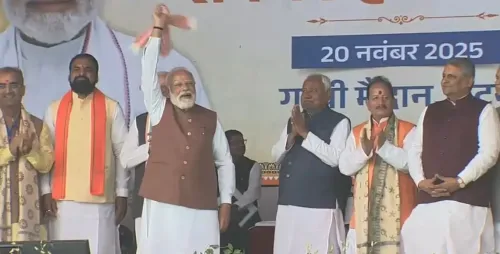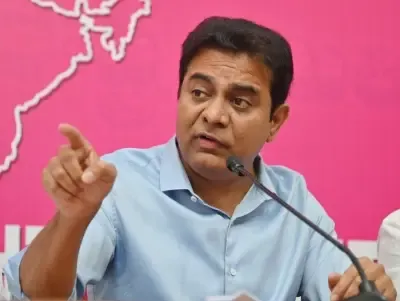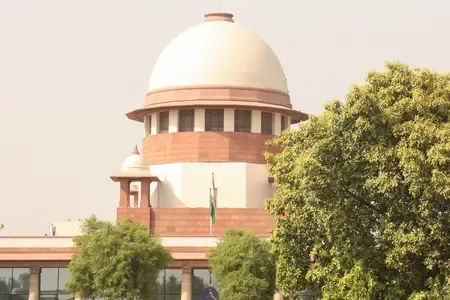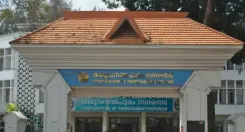Does Iran Need More Time to Decide on US Talks?
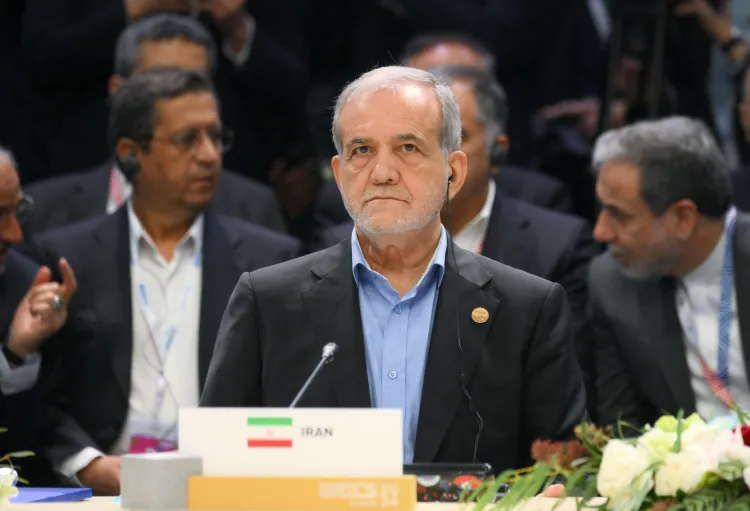
Synopsis
Key Takeaways
- Iran needs more time to decide on US negotiations.
- The US must provide assurances against military aggression.
- Recent military actions have escalated tensions.
- The G7 calls for a comprehensive agreement on Iran's nuclear program.
- The NPT remains a cornerstone of global non-proliferation efforts.
Tehran, July 1 (NationPress) Iran's Foreign Minister Seyed Abbas Araghchi stated that the nation requires additional time to determine the resumption of discussions with the United States.
In an interview with CBS News in Tehran, Araghchi discussed the potential for renewing the nuclear negotiations between Iran and the US.
When responding to a statement from US President Donald Trump suggesting that talks might begin as early as this week, Araghchi expressed skepticism, asserting that he did not believe the talks would resume as swiftly as Trump suggested. He emphasized, "For us to decide on re-engagement, we must first ensure that the United States will refrain from military aggression during the negotiations."
Araghchi affirmed, "Considering all these factors, we still require more time," while also noting, "The doors of diplomacy will never slam shut," as reported by Xinhua news agency.
On June 22, US forces targeted the three Iranian nuclear sites at Natanz, Fordow, and Isfahan. In retaliation, Iran launched an attack on the US Al Udeid Air Base in Qatar.
This escalation occurred amidst a conflict between Iran and Israel, which began on June 13 following Israel's surprise airstrikes on multiple Iranian cities. A ceasefire was established on June 24.
The Israeli strikes took place just before the sixth round of indirect negotiations concerning Iran's nuclear program and the lifting of US sanctions, which was set to occur in Muscat, Oman on June 15.
Meanwhile, the Group of Seven (G7) foreign ministers issued a call for the resumption of negotiations aimed at achieving a comprehensive, verifiable, and durable agreement regarding Iran's nuclear program.
In a joint statement released by Global Affairs Canada, the foreign ministers urged Iran to swiftly resume full cooperation with the International Atomic Energy Agency (IAEA) and provide verifiable information about all nuclear materials in Iran, including granting access to IAEA inspectors.
"We emphasize the importance of the Nuclear Non-Proliferation Treaty (NPT) as the foundation of the global nuclear non-proliferation regime. It is crucial that Iran remains a party to and fully fulfills its obligations under the Treaty," the statement asserted.
On June 25, the G7 foreign ministers of Canada, France, Germany, Italy, Japan, the United Kingdom, and the United States, along with the high representative of the European Union, convened in The Hague to discuss recent developments in the Middle East.

